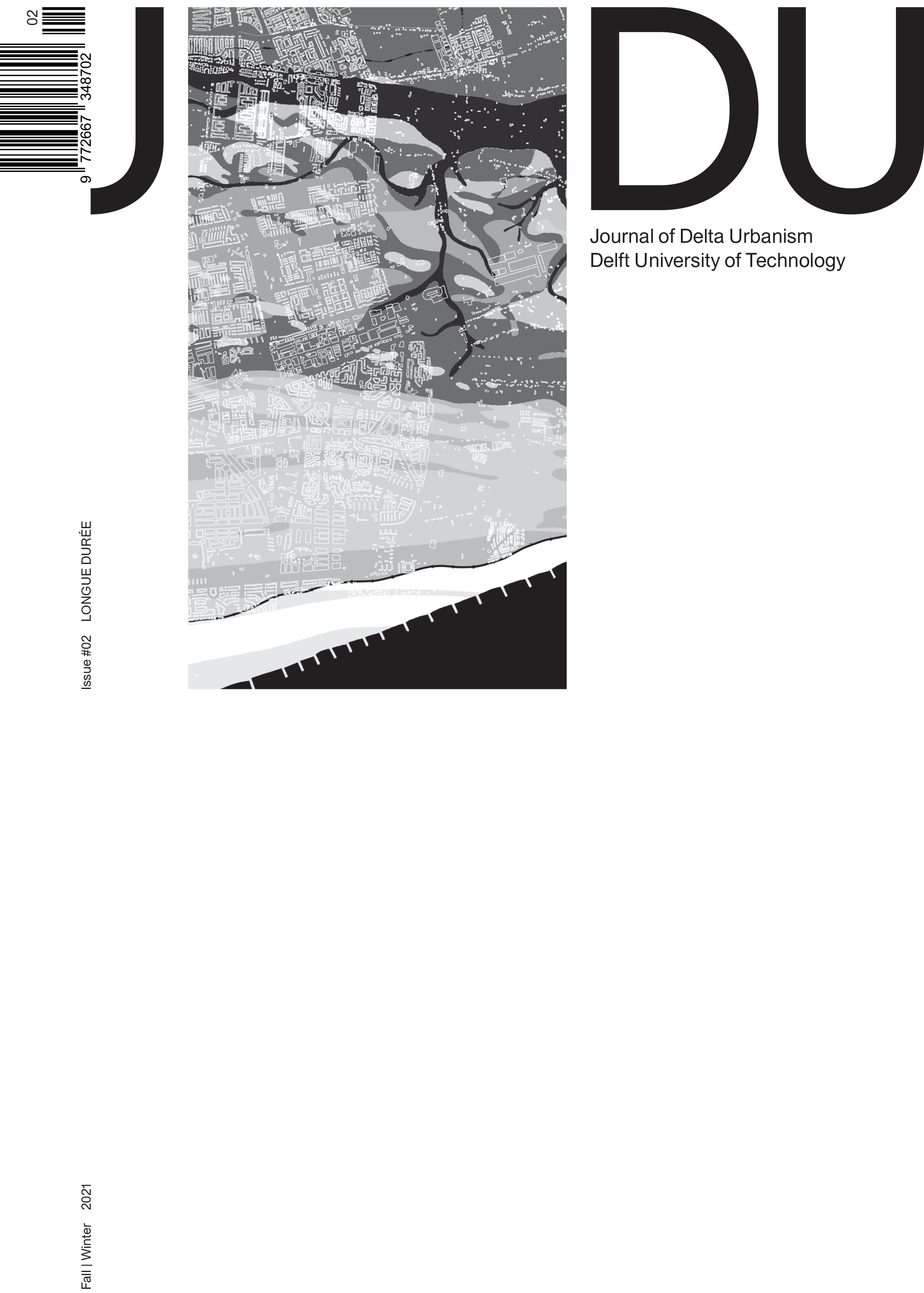Abstract
According to Gerald L. Burke, an English geographer, settlement layouts during the expansion of 17th-century Dutch cities were consciously planned; rather than stemming merely from ‘chance growth’, their development followed several key steps. This planning was the logical result of dealing with the difficult delta conditions, due to which settlement was only possible through cooperative effort. Burke writes:
It [Burke’s book] gives a brief account of urban and rural evolution in a country which, endowed initially with the poorest of natural resources, stood in constant danger, throughout the ages, of losing most of them to the depredations of the North Sea. There is so much to be admired in the manner in which those results were achieved. The qualities of courage and tenacity, ingenuity and faith ... are those of a people with deep and abiding attachment to their homeland who sought from earliest times, and still seek, to extend its area by winning new territory from sea and lake, marsh and bog, instead of casting covetous eyes upon the lands of their neighbours.
The Dutch have made their vulnerability profitable, and this shift constitutes an important mental aspect of the ‘fine Dutch tradition’, or the ‘dynamic tradition of making urban plans using the parameters of the natural system – linking in an efficient way the hydrological cycle, the soil and subsurface conditions, technology and urban development opportunities’ (Hooimeijer, 2014). This tradition facilitated the aforementioned; it is the foundation of the Dutch planning culture, in which the ‘public cause’ is not only dominant but fundamental.
Considering this tradition as the cultural longue durée, the question arises how, after two centuries of a welfare state and two decades of ‘participation society’, the nature of this cooperation in the delta between public and private conditions has changed? To answer this question, Simone Rots and Jacqueline Tellinga were invited to discuss the role of self-organisation – bottom-up meets top-down – in this culture, alongside the concepts of ‘aided self- help’ and ‘sites & services’.

This work is licensed under a Creative Commons Attribution 4.0 International License.
Copyright (c) 2022 Simone Rots, Jacqueline Tellinga

